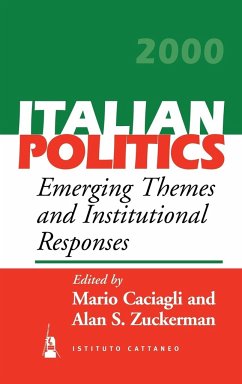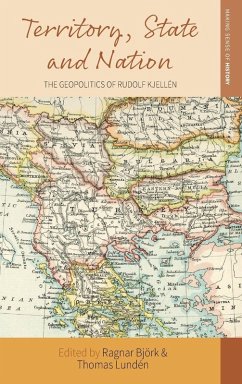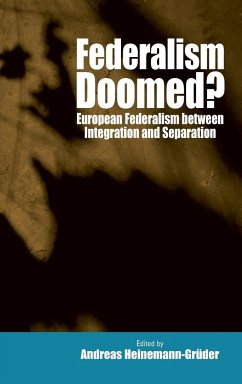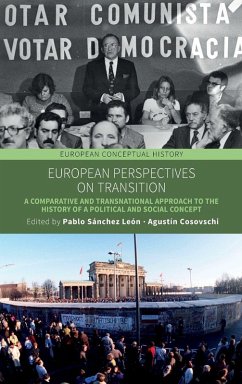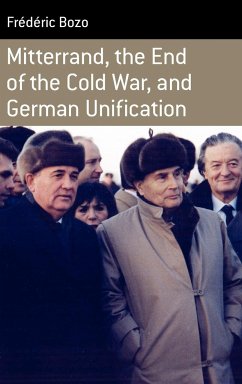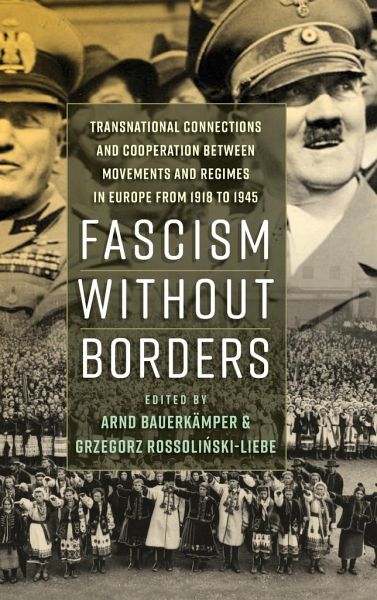
Fascism without Borders
Transnational Connections and Cooperation between Movements and Regimes in Europe from 1918 to 1945
Herausgeber: Bauerkämper, Arnd; Rossoli¿ski-Liebe, Grzegorz

PAYBACK Punkte
73 °P sammeln!
An expansive collection examining fascism’s transnational dimension. Investigates the movements inspired by the early example of Fascist Italy. Explores the international antifascist organizations that emerged in subsequent years.







